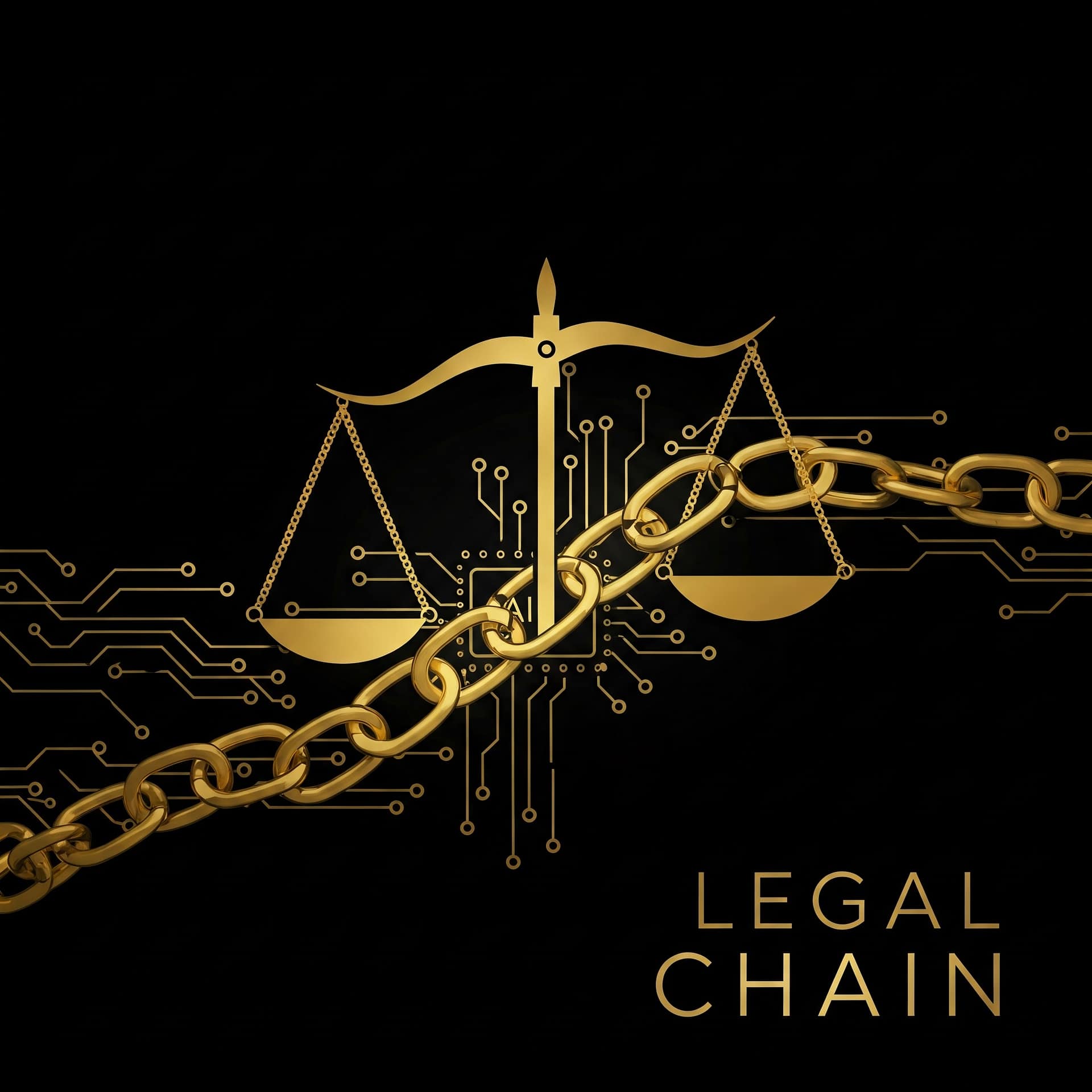Automating the Mundane, Enhancing the Strategic
Artificial intelligence (AI) is rapidly transforming the legal profession, not just by automating current workflows but by fundamentally reshaping how legal services are delivered for years to come. Far from being a futuristic concept, AI is already an integral part of many legal operations, offering benefits that extend beyond mere efficiency.
Today, legal AI tools are primarily known for their ability to automate routine, time-consuming tasks, freeing up legal professionals for higher-value work. This includes:
- Legal Research: AI-powered platforms can sift through vast databases of case law, statutes, and legal documents in seconds, identifying relevant precedents and summarising complex information much faster than traditional methods. This allows lawyers to quickly gather the information needed to build strong cases and briefs.
- Document Review and Analysis: AI excels at analyzing and extracting key clauses from contracts, identifying inconsistencies, and even redlining documents based on risk assessments. This significantly reduces the hours previously spent on manual review, improving both speed and accuracy in tasks like due diligence and e-discovery.
- Initial Drafting: Generative AI can produce first drafts of various legal documents, from contracts to legal memoranda. While human review remains crucial to ensure accuracy and nuance, AI provides a strong starting point, saving significant drafting time.
- Client Interaction: AI-driven chatbots and virtual assistants are being used to handle routine client inquiries, provide instant guidance on frequently asked questions, and offer updates, improving client response times and overall engagement.
- Compliance: AI tools can monitor regulations in real-time, providing alerts about changes that might impact businesses and helping to ensure contracts and agreements meet legal standards.
By handling these repetitive tasks, AI allows lawyers to reallocate their time to more strategic activities such as complex problem-solving, developing intricate legal arguments, client counseling, and fostering client relationships. This shift not only boosts productivity but also enhances the overall quality of legal services.
Future Evolution: Deeper Insights and New Roles
The long-term impact of legal AI will be even more profound, leading to an evolution of legal roles and business models.
- Predictive Analytics: AI will become increasingly sophisticated in predicting case outcomes by analyzing historical data on similar cases, judge tendencies, and opposing counsel behavior. This will enable lawyers to make more informed strategic decisions and advise clients with greater confidence.
- Data-Driven Decision Making: Legal professionals will leverage AI to gain advanced analytics for decision-making, identifying trends in case law across jurisdictions and refining legal strategies based on comprehensive, real-time insights.
- New Specializations: As AI takes over certain tasks, new roles within the legal field will emerge. We may see an increased demand for “legal engineers” who can design and implement AI solutions, or “AI algorithm writers” who specialize in legal applications. Lawyers who can effectively collaborate with and oversee AI tools will have a significant competitive advantage.
- Redefined Apprenticeship Models: The traditional apprenticeship model, where junior associates spend significant time on routine tasks, will likely shift. AI will handle much of this “grunt work,” allowing new lawyers to engage in more mentally challenging and strategic tasks earlier in their careers. This will necessitate a greater focus on critical thinking, problem-solving, and adaptive learning in legal education.
- Increased Access to Justice: AI-powered platforms are poised to make legal services more accessible and affordable to a wider public, potentially enabling individuals to handle certain legal matters without always requiring a lawyer, especially for more straightforward issues. This could help bridge the gap in access to justice for underserved communities.
- Ethical and Regulatory Challenges: As AI becomes more embedded in legal practice, the profession will grapple with new ethical dilemmas concerning AI’s role in decision-making, algorithmic bias, data privacy, and the liability of AI-generated content. Lawyers will need to be vigilant in verifying AI output and ensuring its accuracy and fairness.
In essence, legal AI is not about replacing lawyers, but about augmenting their capabilities, making them more efficient, insightful, and strategic. The legal professionals who embrace and adapt to these technological advancements will be best positioned to thrive in the evolving legal landscape for years to come.
